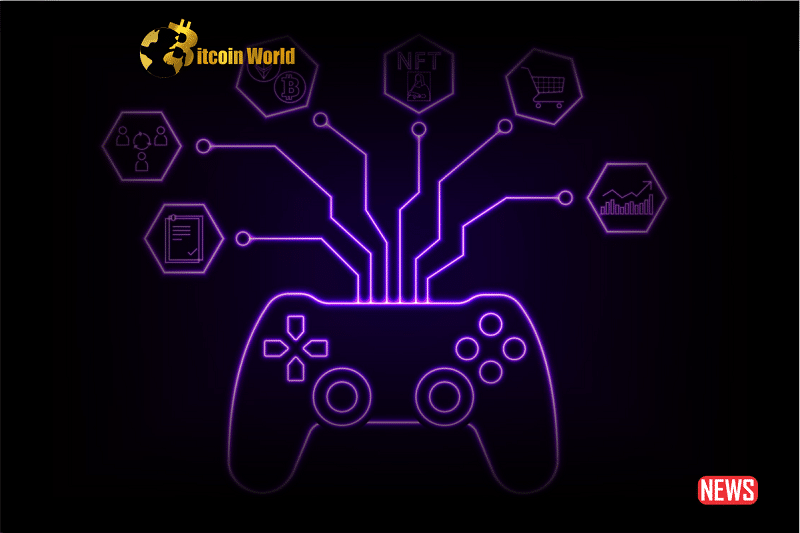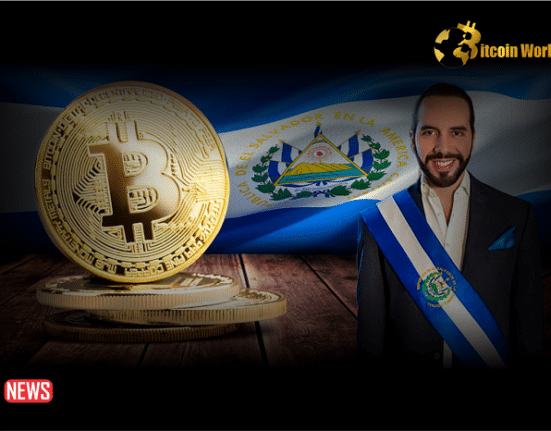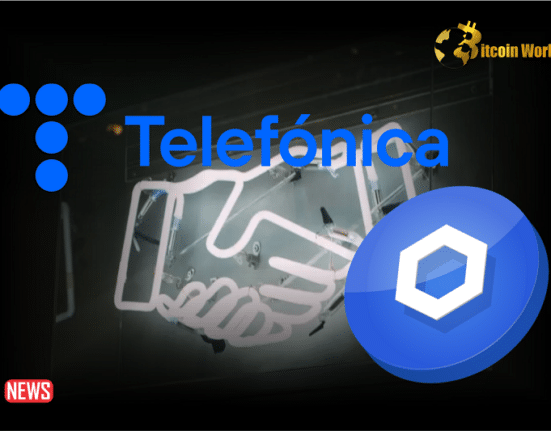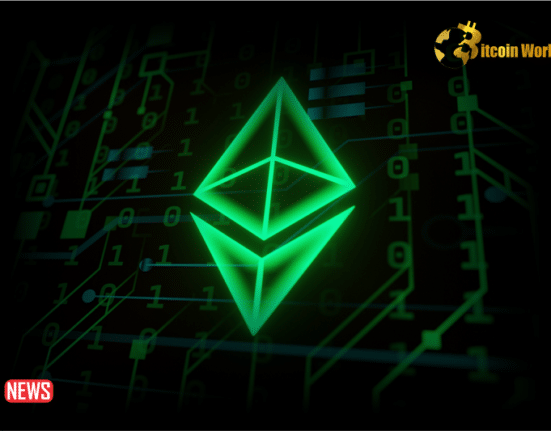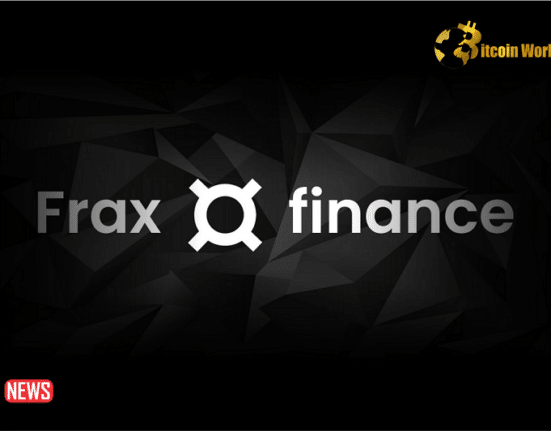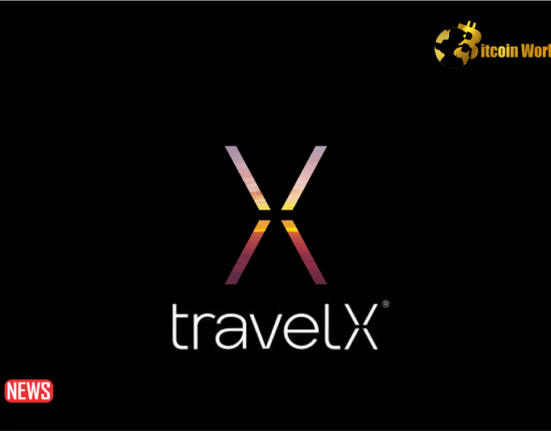Web 3.0, also known as blockchain gaming, is ushering in a new era of digital entertainment, expanding the possibilities and experiences that games can offer. With substantial investments pouring into the sector and a projected industry value of over $30 billion by 2030, blockchain gaming has matured remarkably in a short span. However, it still faces significant challenges and opportunities that shape its future.
The Challenge of Immersive Gameplay:
Unlike traditional video games crafted by professional studios, Web 3.0 games face the daunting task of delivering immersive gameplay experiences while harnessing blockchain technology. The bar set by these established games is incredibly high. Bridging this gap and providing a holistic gaming experience, coupled with blockchain-driven elements, remains a considerable challenge.
The Complex Onboarding Process:
Web 3.0 games often suffer from a complex onboarding process. The unfamiliarity of blockchain technology among the general public, coupled with high entry fees, hinders wider adoption. Nevertheless, these challenges hold the key to unlocking the potential of Web 3.0 gaming. The concept of true ownership and players’ control over in-game purchases introduces a new level of engagement and economic involvement, fostering a vibrant and invested gaming community.
Turning Challenges into Opportunities:
Web 3.0 games present exciting opportunities for developers. By focusing on creating compelling and immersive experiences, developers can draw traditional gamers into this new world. Simplifying the onboarding process and lowering entry barriers make Web 3.0 titles more accessible to a broader audience. Key success stories like Alien Worlds, Splinterlands, and Planet IX demonstrate the importance of community engagement, continuous development, and an engaging gameplay experience.
Bridging the Gap and Ensuring Adoption :
To achieve widespread adoption, developers must bridge the gap between Web 3.0 and traditional gaming. By improving gameplay and enhancing the overall gaming experience while employing sound tokenomics and designing complete ecosystems, Web 3.0 games can appeal to mainstream gamers in unique ways. However, developers must also address the inherent risks associated with blockchain technology, such as smart contract vulnerabilities and phishing attacks, by educating players and implementing robust security measures.
The Future of Web 3.0 Gaming :
With innovation, patience, and perseverance, Web 3.0 gaming has the potential to transcend traditional boundaries and redefine the gaming experience. The integration of AI technologies can provide more personalized and challenging gaming experiences. Additionally, the adoption of non-fungible tokens (NFTs) in major traditional gaming IPs may significantly boost Web 3.0 titles. The convergence of the traditional gaming industry and blockchain technology is inevitable, and we should prepare for its arrival.
As Web 3.0 gaming continues to evolve, it is essential to remember that the ultimate goal of gaming remains the same – to entertain, connect, and enrich our lives. Developers have the responsibility to uphold these foundational principles while pushing the boundaries of innovation in this transformative shift.

